$0M
We funded over $4.7 million grants to organizations serving transition age youth.$0M
We funded over $5.1 million grants to organizations serving transition age youth.$0M
We funded over $5.4 million grants to organizations serving transition age youth.$0M
We funded over $5.8 million grants to organizations serving transition age youth.$0M
We funded over $4.1 million grants to organizations serving transition age youth.$0M
We funded over $4.5 million grants to organizations serving transition age youth.$0M
We funded over $4.6 million grants to organizations serving transition age youth.$0M
We funded over $4.4 million grants to organizations serving transition age youth.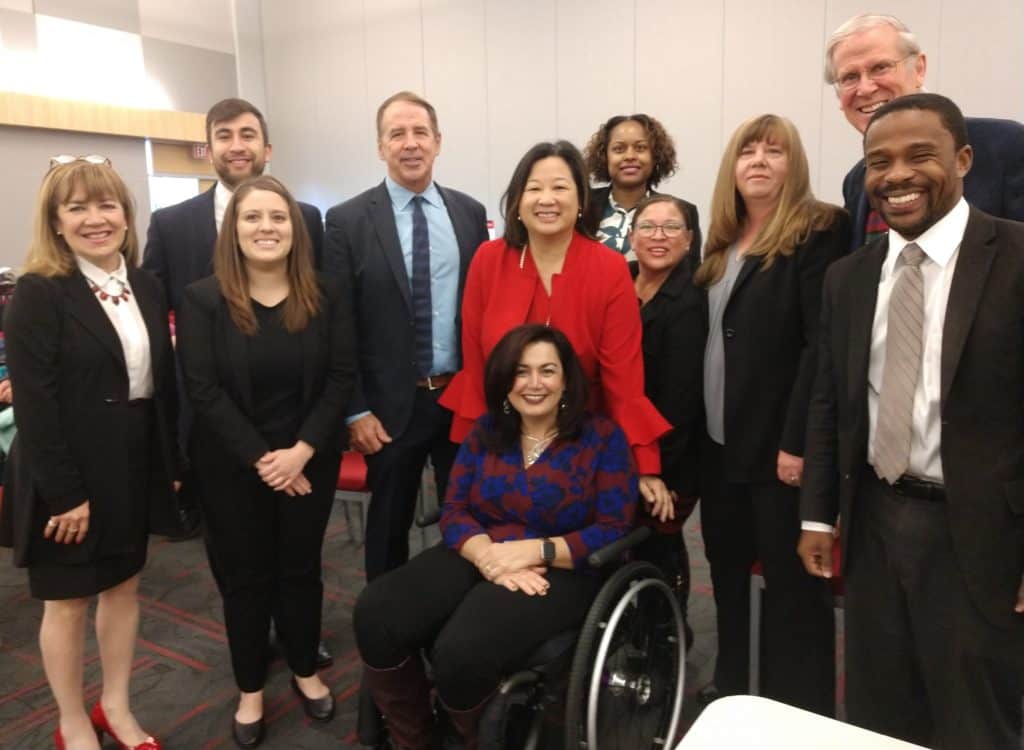
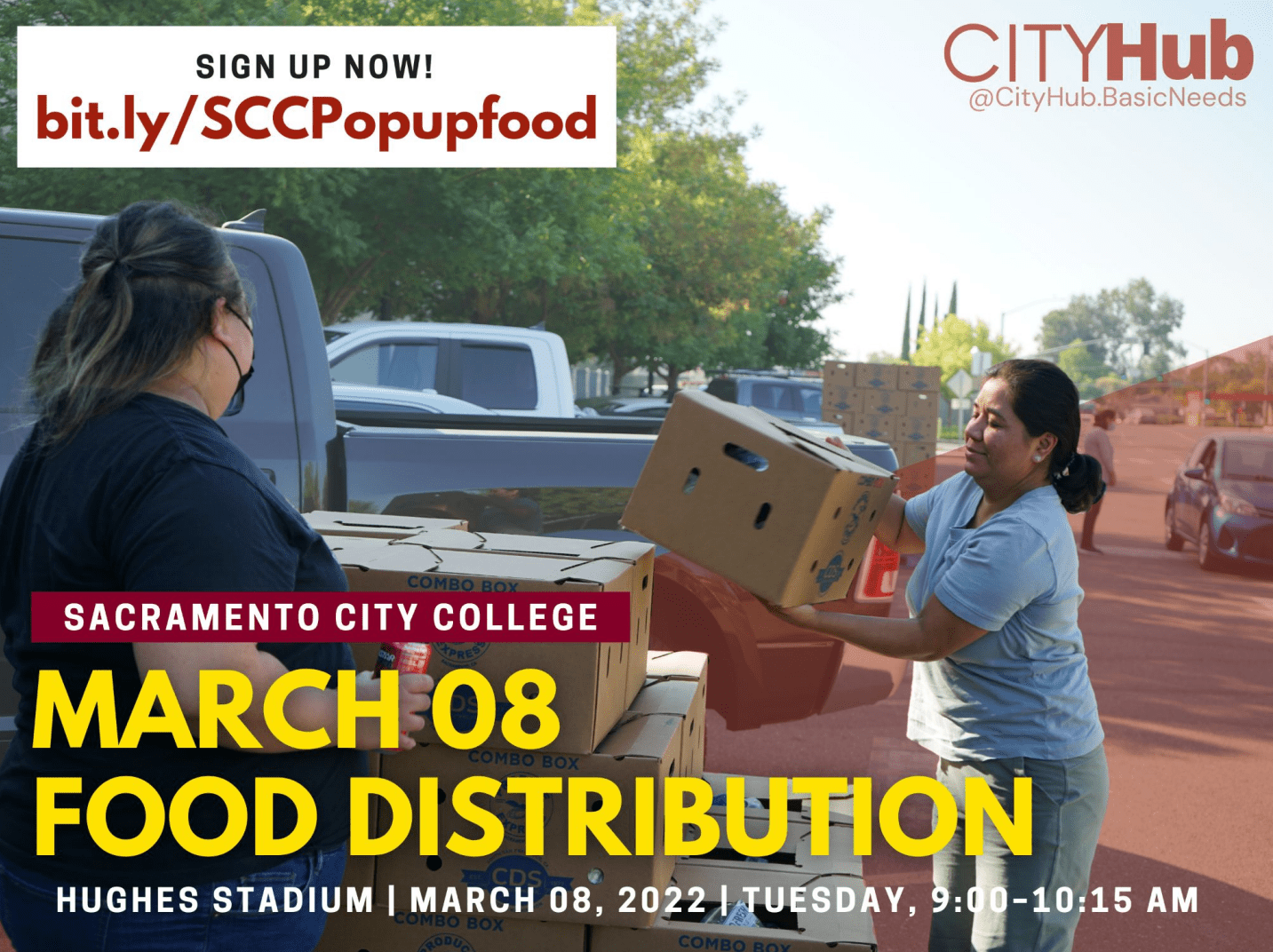
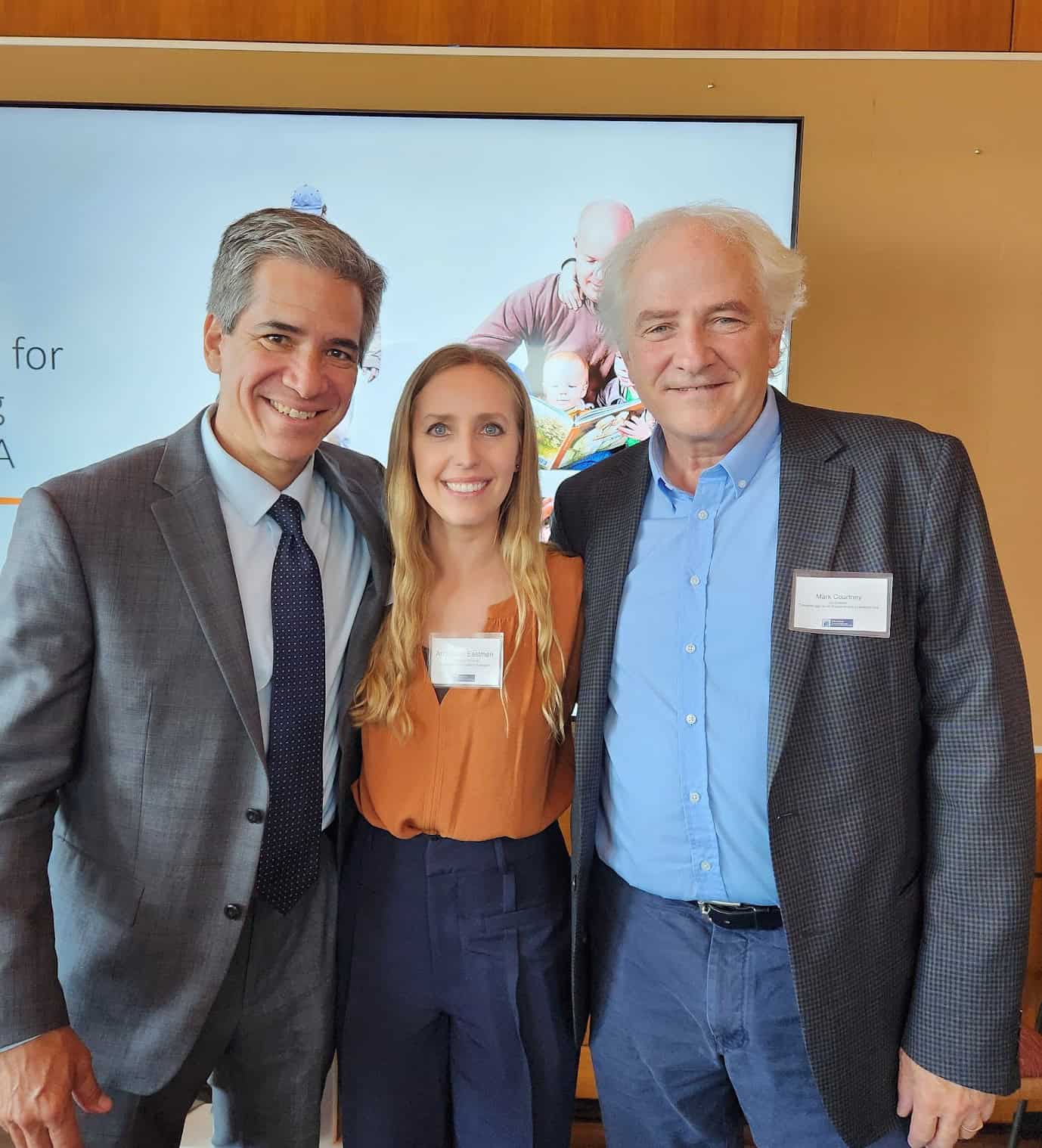
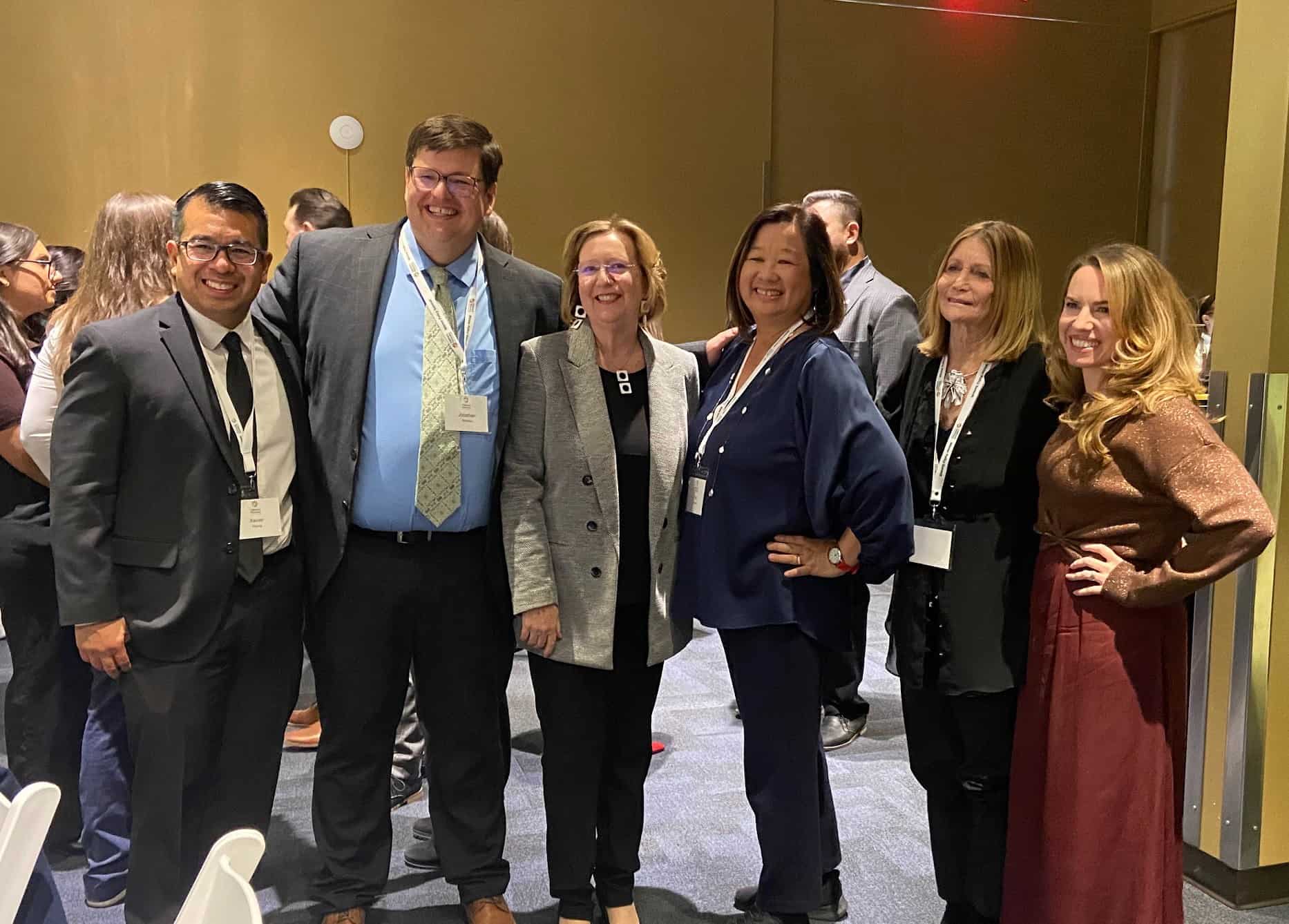
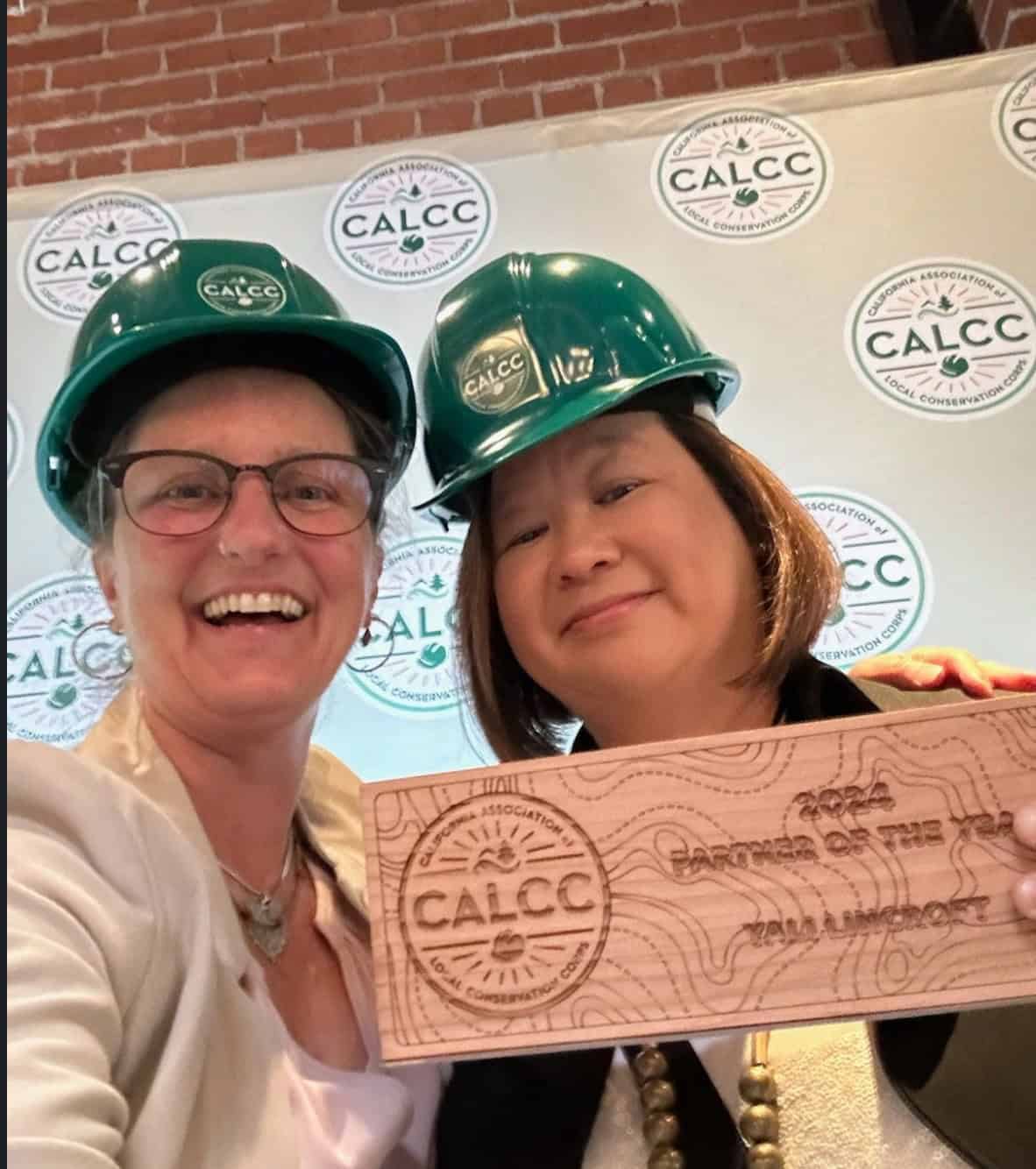
About Walter S. Johnson Foundation (WSJF)
WSJF is focused on helping youth and young adults (ages 14-26) succeed in adulthood. We have received recognition for our leadership, including the 2024 John Burton Advocates for Youth Champion of the Year, 2024 Partner of the Year from the California Association of Local Conservation Corps, and the 2018 Bernard Osher Philanthropist of the Year from the Network of California Community College Foundations.
We pride ourselves on our ability to be:
- Flexible and nimble: We respond quickly to change and often can fund faster than our larger public/private partners.
- Engage those with lived experience: We support programs that engage those closest to the problem to help develop the solutions.
- Focus on the “long game”: We believe in relational grantmaking and support organizational improvements for our grantees to become more effective and efficient in their work.
- Support system reform: We believe in partnerships that support sustainable solutions.
Transition-Age Foster Youth and Other Vulnerable Young People
The transition to adulthood is challenging. For youth ages 14-26 who were involved or at risk of being in the foster care system, this transition is more difficult since most lack the resources needed to reach their full potential. We support programs that assist these vulnerable youth to receive the things that all young people need to thrive, such as:
- Better coordinated child welfare policies that are easy to access and reinforce the physical and emotional needs that accompany young people transitioning from foster care.
- Educational and job training programs that target the specific needs of young people who have spent time in foster care or are at risk of child welfare involvement.
- Government and social service systems that connect to help make accessing services and benefits easier for young people and providers.
- Research and policy to evaluate the effectiveness of services and programs.

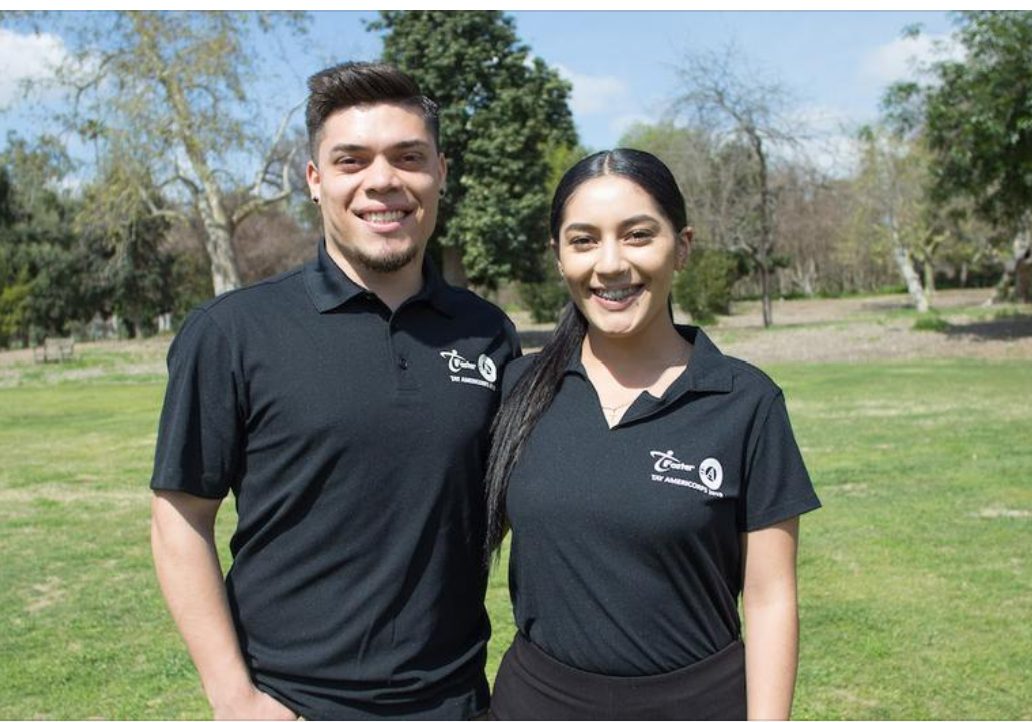

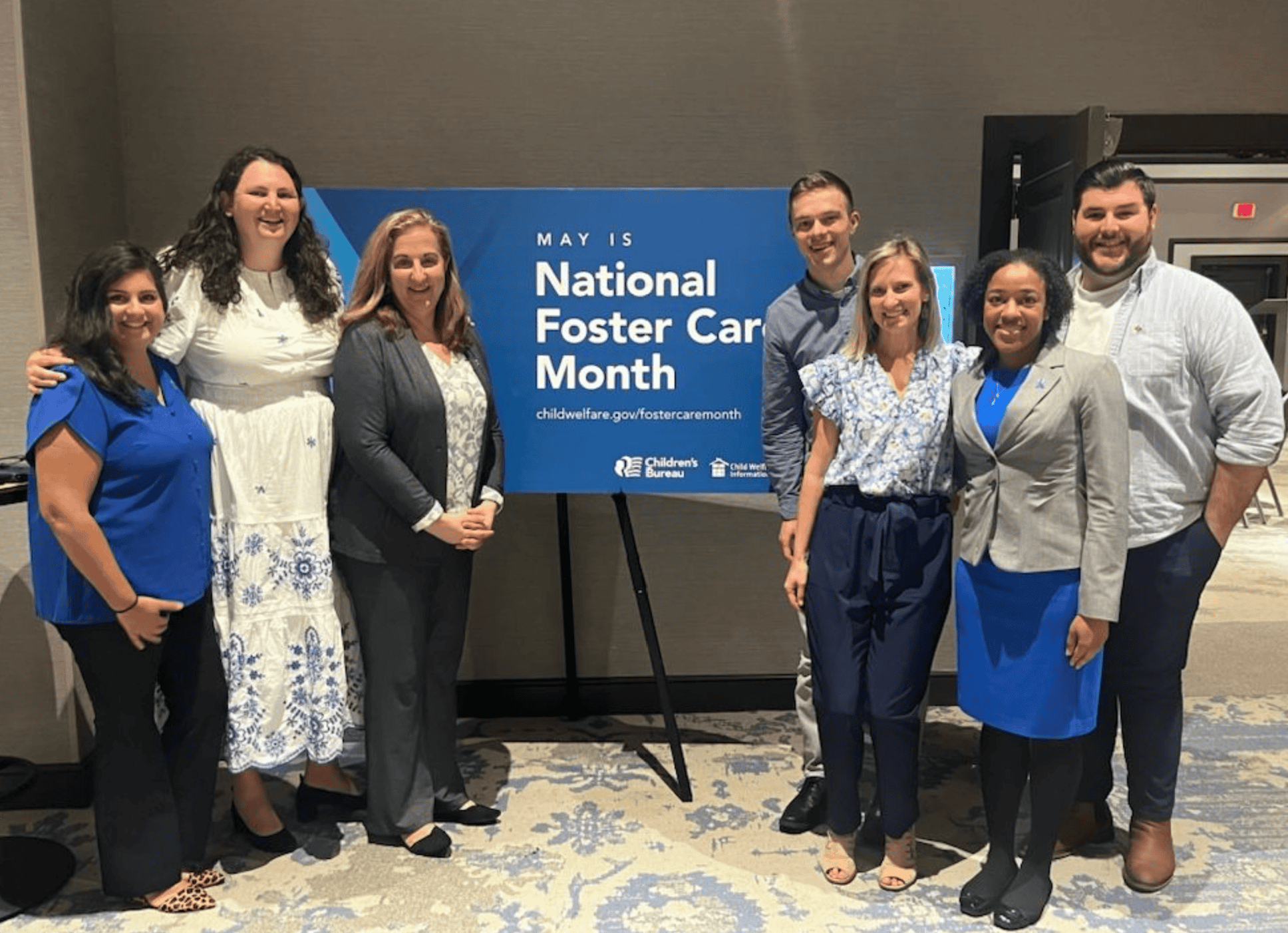
Education and Career Strategies
Too many vulnerable students fail to complete their career goals in higher education or post-secondary training programs, whether it’s the completion of an associate degree, an apprenticeship, a career technical certificate, or a bachelor’s degree. WSJF works with post-secondary institutions to address barriers to completion for this population, as well as career and employment training programs addressing the needs of former and current foster, homeless, and other vulnerable students. The types of services we support include:
- Programs that prepare vulnerable students with child welfare involvement in middle and high school prepare for post-secondary success.
- Programs that improve employment career pathways for vulnerable young people.
- Programs that improve general education to create better pathways towards transfer from 2-year to 4-year campuses.
- Research and policy work to evaluate these programs.
Our Priorities
Since its inception, the Walter S. Johnson Foundation has been committed to supporting vulnerable young people to become successful adults.
California College Pathways and Nevada Foster Youth Success Initiative
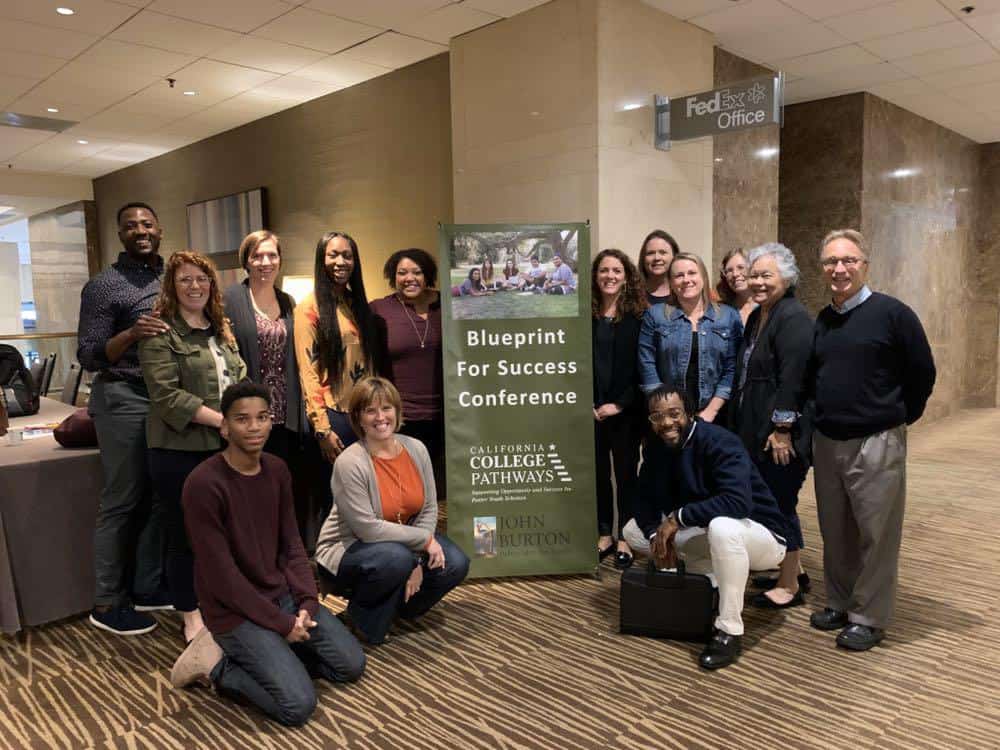
In Northern California and Nevada, thousands of young people leave foster care and find themselves often without adequate social support or life skills every year. The California College Pathways and the Nevada Foster Youth Success Initiative supports current and former foster youth in their post-secondary career, using these types of strategies:
- Campus housing, and availability of year-round housing, either on- or off-campus;
- Assistance with finding a stable and skilled college mentor or coach who can help develop and monitor an education plan and tutoring to support student's academic progress;
- Access to robust financial aid;
- Access to student support services (such as mental health services, the Federal TRIO program, and the Educational Opportunity Program);
- Frequent monitoring of student academic progress and follow-up advising to ensure student access to academic support services;
- Active involvement in first-year orientation, college culture, summer bridge programs, and first-year experiences;
- Student outcome data collection, including data on persistence and graduation rates and internal/external services accessed;
- A formal relationship with local social services to ensure that students receive the full range of supportive services;
- Linkages between two- and four-year schools to facilitate student transfer; and
- A long-term plan to sustain the program itself through public/private support.
Reforming Systems
WSJF supports systemic change through policy reform initiatives and implementation of existing policy
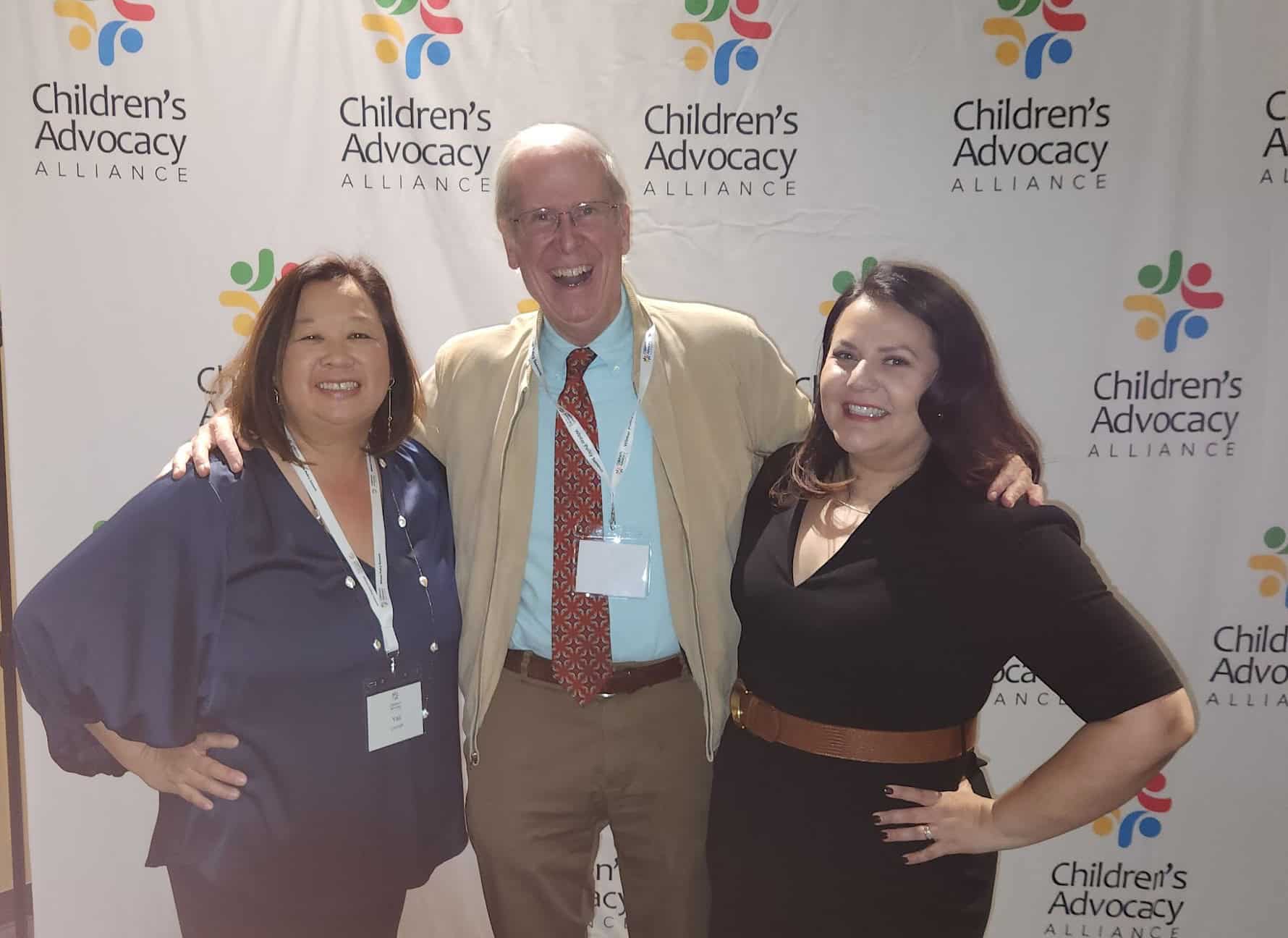
Supporting public/private partnerships can result in big wins. The need is so great that no single foundation or entity can mend it by itself, no matter how big. True transformation takes many efforts on all fronts. Some recent examples of WSJF’s role in supporting public/private partnership projects include:
- Disconnected Youth Coalition of Las Vegas (Workforce Connections of Southern Nevada)
- FES (Fund for the Education Success of Students Experiencing Homelessness, Child Welfare and Juvenile Justice)
- California Local Conservation Corps Foundation
- TAY-Hub (Transition Age Youth Research and Evaluation Hub housed at UC Berkeley)
- California College Pathways
- California Opportunity Youth Network
- Nevada System of Higher Education - Foster Youth Success Initiative
- San Francisco Legal Services Funders Network
- CSU Chancellor’s study on food and housing security
- John Burton Advocates for Youth's Reducing Homelessness Among Former Foster Youth
- John Burton Advocates for Youth's Foster Youth Tax Incentive Program
- Foundation for California Community College - Student Ambassadors, NextUp, and Fresh Success
- University of Chicago and California Department of Social Services’ CalYouth Study
- Sonoma County Transitional Age Foster Youth Planning Project
Employment and Career Opportunities
WSJF supports programs and system which support employment and career training for opportunity youth.

More and more smart employers are committing to a double bottom line: profitably growing their businesses while providing foster and other vulnerable transition-age youth with employment opportunities. And with the largest labor gap for the next generation of work-ready employees ever facing this country, a commitment to hiring talented young people is all the more urgent. We believe that by bringing together businesses, non-profit organizations, government agencies, and philanthropy, we can:
- Ensure a level playing field so that foster youth and other vulnerable young people have the same employment opportunities as their counterparts;
- Develop youth-focused work-readiness assessments, job training curricula, and other resources;
- Connect the nation’s leading employers and small businesses with work-ready youth;
- Provide innovative approaches to internships and mentorships; and
- Educate the business community, the public, and the media about the value and potential of the nation’s foster and other vulnerable youth populations.
Areas Served
We serve counties in Northern California as well as all counties in Nevada.
For More Information
The Walter S. Johnson Foundation’s grant application process is by invitation only (after it is determined that your nonprofit organization is eligible). A Letter of Inquiry is often requested before consideration for a proposal invitation. We do not accept or review unsolicited proposals or sales requests. We generally do not make grants to individuals, towards arts or film projects, to international organizations, or contribute to ongoing general operating costs, capital campaigns, or endowments. For county chapters of state organizations, we generally offer proposal invitations only to the state organization.
While we make every effort to get back to emails in a timely fashion, we may not be able to respond immediately to your inquiry. Thank you for your patience.